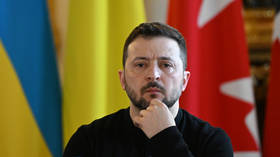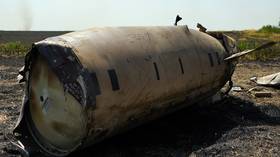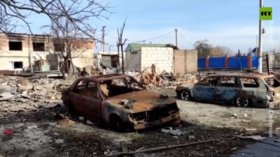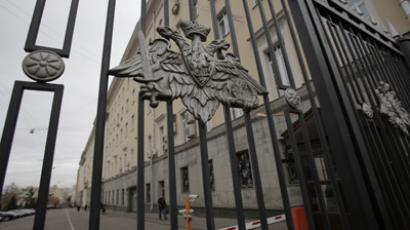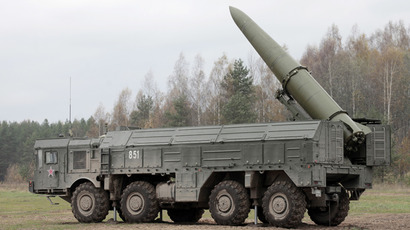Lithuania threatens to take Russian region hostage, demands changes in foreign policy
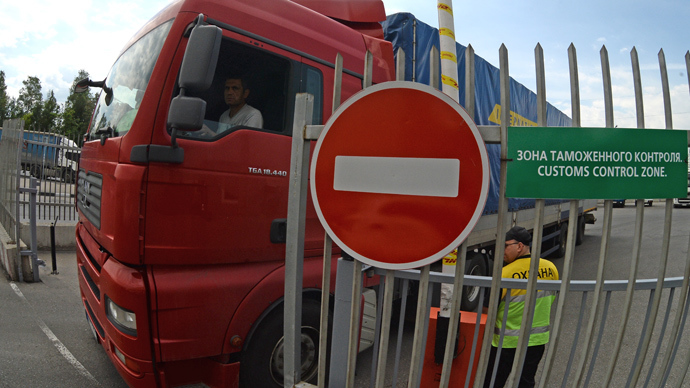
The Lithuanian Foreign Minister says his country could block land transport to Russia’s Baltic exclave of Kaliningrad if Russia maintains its opposition to stronger trade ties between Ukraine and the European Union.
"As you know, the Kaliningrad region is isolated, geographically isolated, so we could apply some measures also to cut something," the Reuters news agency quoted Linas Linkevicius as saying on Wednesday. "Transport, we could cut off trains, but not only trains, also the supply of goods, whatever. It is theoretically possible," the official added.
The reporters raised the topic as Lithuania, which currently holds the rotating presidency in the EU, is preparing to host the Third Eastern Partnership Summit– the major conference dedicated to strengthening trade ties between the European economic bloc and six states in Eastern Europe and the Caucasus - Armenia, Azerbaijan, Belarus, Georgia, Moldova and Ukraine. All of these countries are Russian neighbors and close economic partners.
Russia is currently building its own economic bloc – the Customs Union – which currently consists of itself, Belarus and Kazakhstan, but to which it welcomes other neighboring nations.
However, the Russian initiative is being opposed by top European officials. As the Ukrainian government was negotiating its association agreement with the EU in September this year, the head of the European Council, Herman Van Rompuy said that after the association it would be impossible for Ukraine to participate in the Customs Union.
Also in September, Russian President Vladimir Putin suggested that if Ukraine first joined the Customs Union it could negotiate its further cooperation with the EU on much better terms. “We hold that such a move would support our common interests – ours and Ukrainian,” Putin told reporters and experts at the closing session of the Valdai Discussion Club.
The Russian leader added that the deal with the EU could flood the Ukrainian markets with cheap European goods and Ukrainian goods, in turn, would go to Russia that would have to take measures to protect its own producers. “We warn you in advance. We agree that this is your own choice and we understand everything, but bear in mind that we would have to defend our market and to introduce some protectionist measures. We announce this directly and honestly,” Putin said.
Linkevicius’s statement on Wednesday is not Lithuania’s first attempt to pressure Russia using the so-called Kaliningrad Transit as leverage. In 2008 Washington was planning to place some elements of the US global missile defense in Poland. Russia said that such move would seriously shift the balance of power and threatened to deploy medium-range ballistic missiles in Kaliningrad – an exclave deeply embedded into East European territory between Poland and Lithuania.
Lithuania immediately opposed the move, and said that beefing up of Russian military might in Kaliningrad would be disproportionate. It also threatened to raise the price for railroad transit to the region as well as to complicate visa procedures for Russians who had to cross EU territory when they were moving to Kaliningrad by train or by car.
Russia replied by urgently developing other transport links, such as Baltic Sea ferries and aircraft. In Summer 2009 Lithuania, which largely depended on income from the Kaliningrad transit, agreed to offer a discount to Russian carriers.
In September 2009 the United States announced that it had given
up the plans for missile defense bases in Poland, quoting high
costs.





